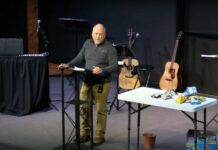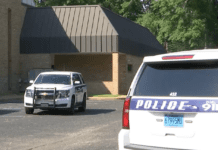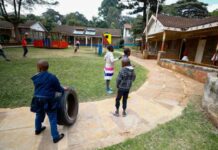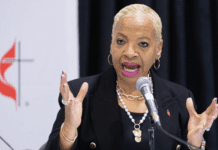David Yonggi Cho
The founder of one of the world’s largest megachurches, Yoido Full Gospel Church in South Korea, led the Pentecostal congregation that grew to have hundreds of thousands of members.
Cho died Sept. 14 at 85.
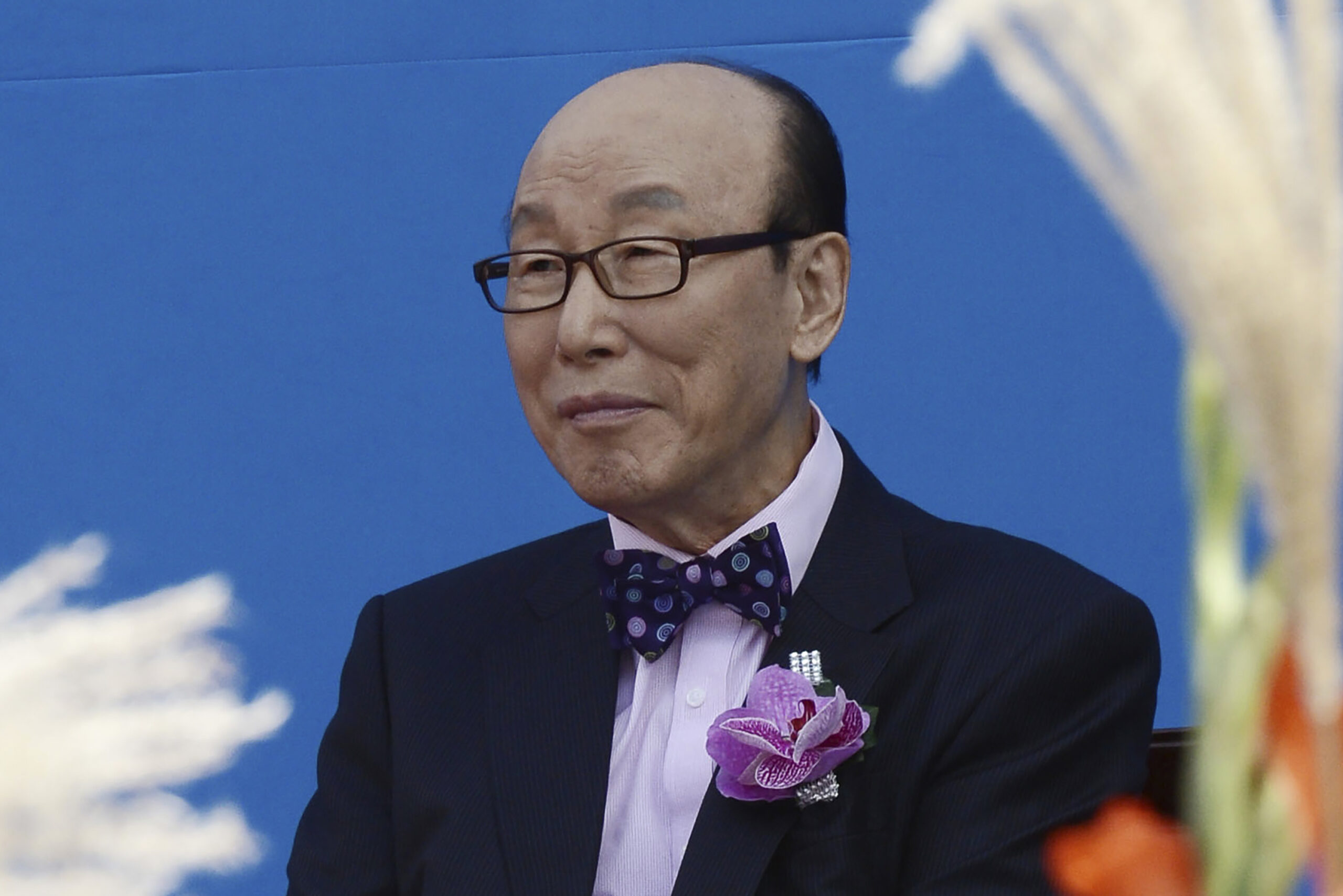
In this Oct. 11, 2013, file photo, the Rev. David Yonggi Cho attends the Grand Prayer Rally for Peace of the Korean Peninsula and for the Hope of the World Church at the World Cup Stadium in Seoul, South Korea. Cho died Sept. 14, 2021. He was 85. (Hong Chan-sun/Newsis via AP)
He initially held services in a tent in 1958 and moved to a 10,000-seat sanctuary in 1993, according to Christianity Today. The church, which is affiliated with the Assemblies of God, eventually claimed the title of the world’s largest church, according to Guinness World Records, with close to 800,000 members. At the time of his death, Yoidi Full Gospel remained the largest Protestant church in South Korea, with 500 missionaries abroad and 400 evangelists and pastors in the country, The Associated Press reported.
Cho retired as pastor of the Yoido Full Gospel Church in 2007 and was convicted seven years later for embezzling millions from the church. He received a suspended sentence and, still a beloved figure, was named pastor emeritus by the church.
“All I did was offer my life just like the boy who gave the five loaves and two fish,” Cho stated in a greeting on his church’s website. “I simply held on to the dreams that the Lord gave me, and it was He who grew Yoido Full Gospel Church to 750,000 members to become the World’s largest church. This is entirely a grace given to us by God.”
The Rev. Timothy Stewart
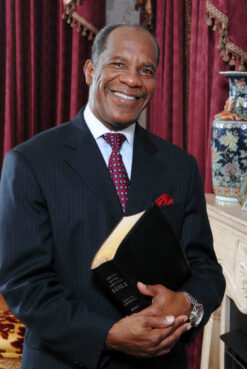
The president of the Progressive National Baptist Convention was the first top leader of the historically Black denomination from its international region.
Stewart died Sept. 17 at the age of 64.
He had served three years of his four-year term and presided over the August virtual annual session of the denomination that was home to the Rev. Martin Luther King Jr. Stewart had been pastor of Bethel Baptist Church in his native Nassau, Bahamas, since he was 25. He also was a civic leader, serving as a board member of the Bahamas Development Bank, a member of the Bahamas Juvenile Panel and a chaplain to the country’s House of Assembly.
He led the PNBC’s fundraising efforts when Hurricane Dorian hit the Bahamas in 2019 and supplies were needed for its devastated islands.
In the storm’s aftermath, Stewart told RNS he did not feel his faith was being tested.
“I believe that this tragedy gives me an opportunity to affirm my faith and to apply my faith,” he told RNS. “In spite and in light of what has been a very tragic, very horrendous situation, we are forced to still see the grace of God.”
Albert J. Raboteau
The American religion historian helped students and journalists enhance their knowledge of African American religion.
Raboteau died Sept. 18 at 78.
He was a member of Princeton University’s faculty since the 1980s, earning emeritus status in 2013, and chaired the university’s religion department from 1987 to 1992.
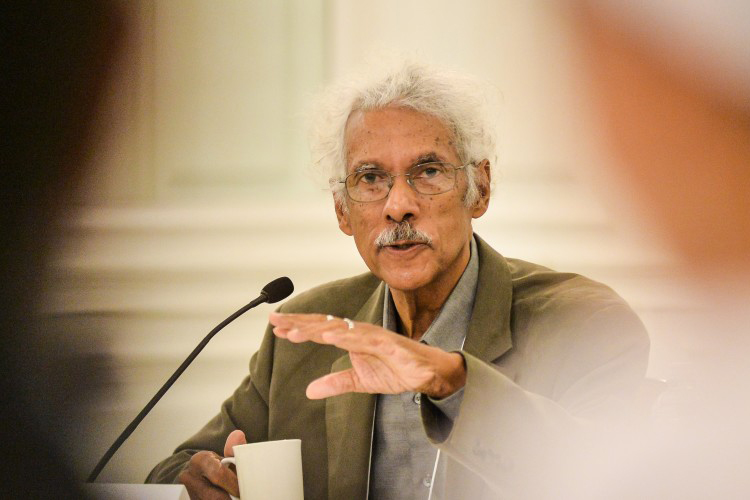
Albert J. Raboteau. Photo courtesy of Faith Angle Forum
Known for his mentoring of students and for writing his 1978 book “Slave Religion: The ‘Invisible Institution’ in the Antebellum South,” he also spoke to journalists about contemporary religious issues. He said cross-racial gatherings like Bible studies and meal sharing could be more important than apologies about racism by predominantly white denominations.
“What we are as a nation is a collection of disparate stories, an ever exfoliating set of separate stories and what we need to bind us together is to be able to hear the stories of others in face-to-face encounter,” he said at the 2015 Faith Angle Forum, where he talked to reporters about “Forgiveness and the African American Church Experience.”
In 2016, Raboteau published the book “American Prophets: Seven Religious Radicals and Their Struggle for Social and Political Justice,” which included chapters on Rabbi Abraham Joshua Heschel, the Rev. Martin Luther King Jr. and Fannie Lou Hamer. The book was based on his “Religious Radicals” seminar for Princeton undergraduate students.




